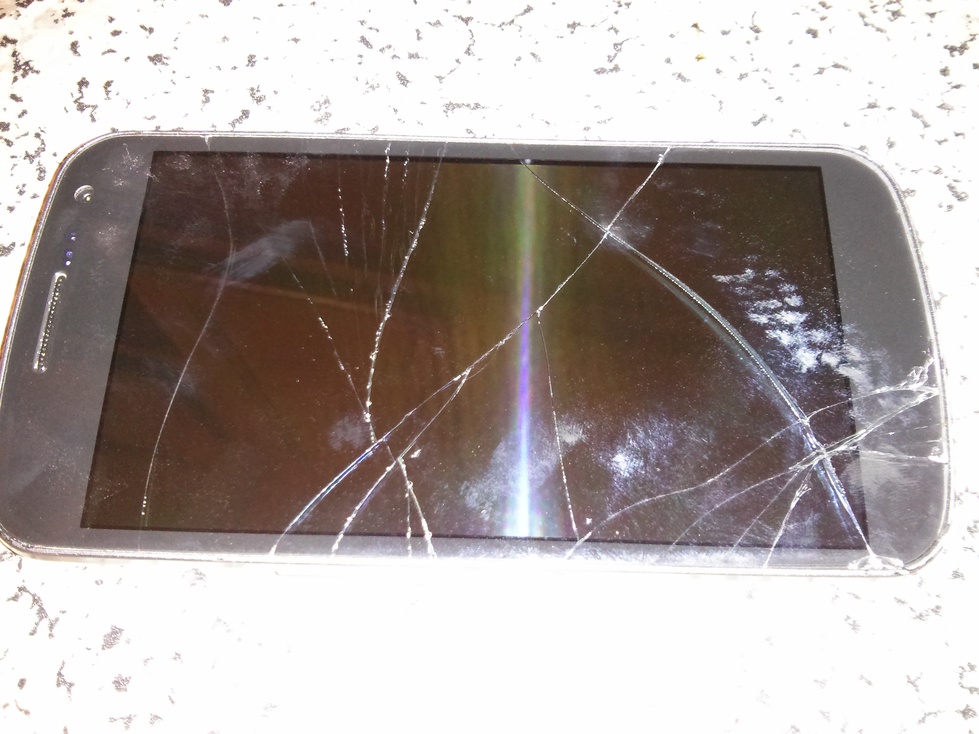This post will show you how I will save roughly $1400 over the next two years by buying a new unlocked phone and getting a prepaid phone plan instead of a standard contract.
Why I Switched
I put my last phone through the washing machine (and dryer), and while it still somehow works, it ain't pretty. It now can serve as an ugly alarm clock or workout MP3 player.
So, I was in the market for a new phone.
New phones under contract are not often expensive to obtain, but the costs add up over time due to high monthly subscription fees. According to one article, the total cost of ownership (TCO) of a brand new iPhone 5s with mobile hotspot is roughly $2200 - $2700. That is $1225 a year on average. This does not count the new accessories Apple will probably make you buy to connect it to your computer or charge it. :)
Realizing this, I set about finding a cheaper option.
The prepaid option
The last I had heard of prepaid phone plans (PPP) was when I was in college and you used it for either a throwaway number, calling abroad, or you didn't have good enough credit to pay for a "real" plan. Probably a misinformed bias on my part.
When I looked into them again, a few things appealed to me:
